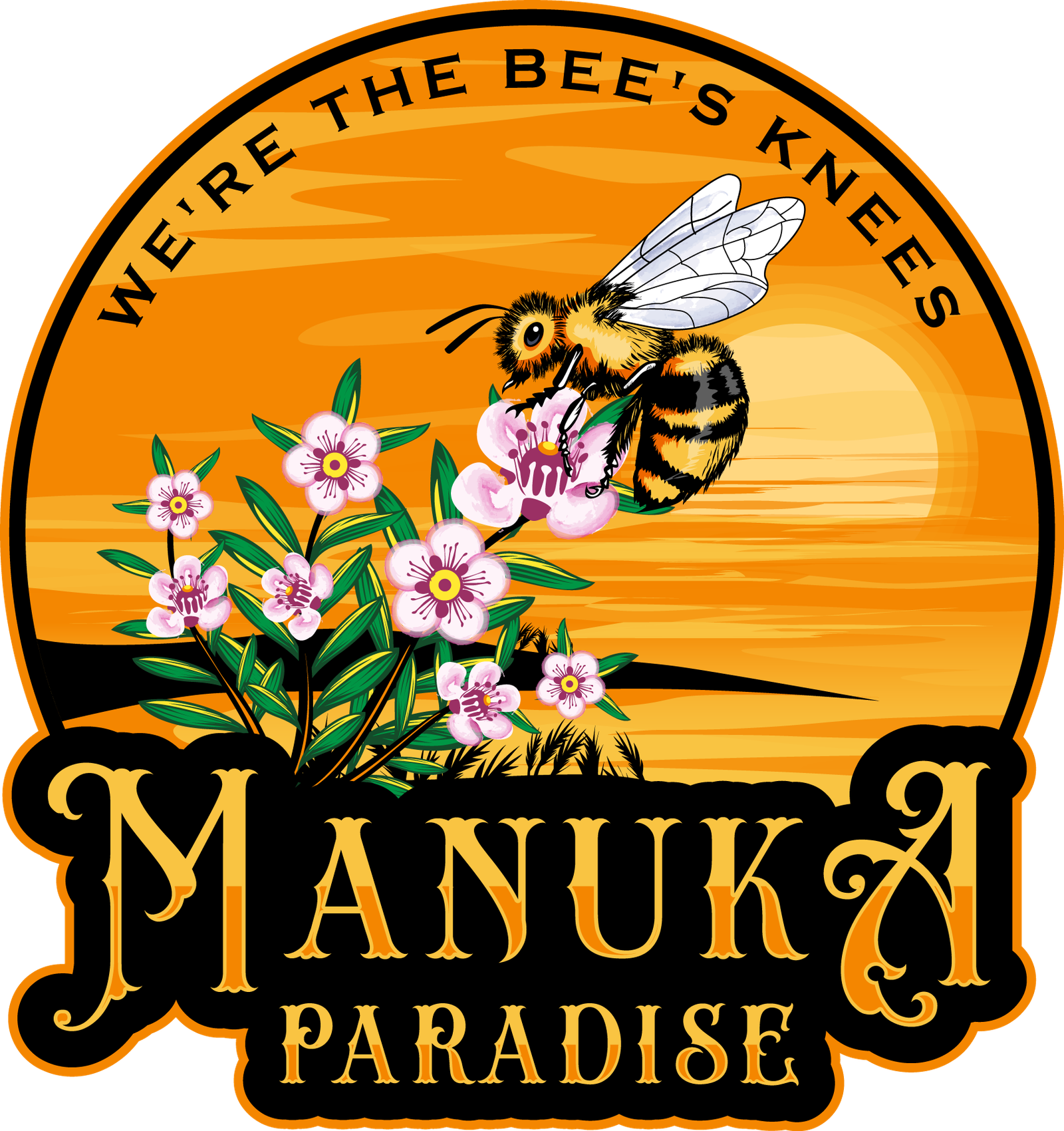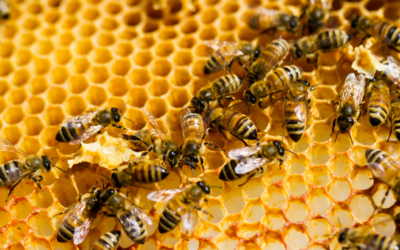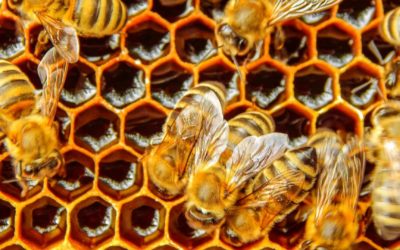Misconceptions About Honey
Honey is a wonderful natural sweetener that is used for many purposes. It is used in cooking and added in concoctions for some sweetness. This golden goodness can also be used to soothe sore throats and contains antibacterial properties which makes them good soothing burns and preventing infections. Here, we address the various myths that you may stumble upon, so that you can enjoy your honey with a peace of mind.
1. Crystallized honey is spoiled honey
If you see that your honey has become foamy, or looks like clumps of damp sugar, don’t panic as they are not spoiled or contaminated. What is happening is that the glucose in honey is attached to the pollen grains in the honey, causing it to crystallize. Glucose tends to crystallize faster than fructose, which is also present in honey. The ratio of glucose and fructose in honey is dependent on the types of trees that the bees pollinate. Hence, different types of honey have different crystallization rates. Crystallization is also an indication of the quality of your honey, as the more pollen grains present, the more crystallization occurs. Pollen grains indicate that the honey is made by bees, as bees may accidentally drop some pollen grains when they are tending to the hive. Crystallization rates also depend on the temperature that the honey is stored in. Honey crystallizes in the hive when temperatures are below 10 degree Celsius. Similarly, if honey is kept in a cold cabinet, it will speed up the crystallization process. To revert the honey to its original state, simply heat the honey with a tub of warm water so that it will liquify. You may microwave the honey if you wish, but it will not turn out as a nice and even consistency. A word of caution is to portion out the quantities of honey that you want to heat and keep the rest unheated. This is because repeated cycles of heating and cooling will cause the honey to lose its distinct flavour and thick consistency.
2. Honey never spoils
There is partial truth in this statement. If the jar of honey has not been opened, it can still be edible after thousands of years as it has no expiry date. However, if the honey jar has been left opened for extended periods of time, it absorbs moisture from the air and turns bad. This is because honey has little moisture, but when in contact with water, increases the risk of fermentation. An open jar of honey also exposes it to microbes from the environment and allows for the breeding of bacteria and fungi. It is also good to purchase honey from a professional source, as the timing of extracting honey matters. If the honey is taken out before the bees fan the nectar deposits with their wings, the honey may have too much moisture and cannot be kept for long periods. Here at manakuahoney.sg, we make sure that our production processes are thorough and standardized so that you only get the best quality of honey.
3. All bees make honey
This is a fun fact, but the statement is false. Not all characteristic yellow and black-striped bees make honey. In fact, out of the 20000 species of bees that are divided into seven families, there is only one family, the Apidae which constitutes about five percent of the total bee species that produces honey. In addition, a working bee is only capable of making one-twelfth a teaspoon of honey in its lifetime. Hence, don’t waste the hard-earned golden treasure that you have!
4. Honey that is heated up, is toxic
Raw honey when heated up, is not toxic as it does not contain toxins in and of itself. However, when honey is heated to 37 degree Celsius, it loses its nutrients and over 200 compounds, and especially its antibacterial properties. Hence those consuming honey for its health benefits should not heat up honey as it would have lost its nutritional value, although the sweetness remains.
5. Honey corrodes metal
While it is true that honey is acidic in nature, metal spoons or metal equipment will not be ruined if you do not expose them with honey for extended periods of time. For normal functions such as scooping honey, stirring honey or spreading honey, you will not be corroding the metal – don’t worry!
Conclusion
We hope that after debunking these myths, you will have a more pleasant and worry-free experience of consuming honey. We offer UMF certified Manuka honey that is produced in New Zealand, to give you the utmost quality and sensory experience, so choose from our manuka honey range today!




